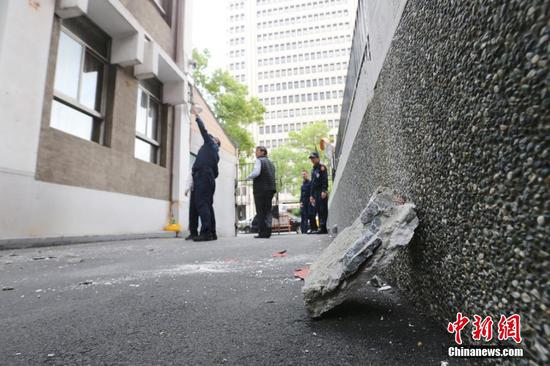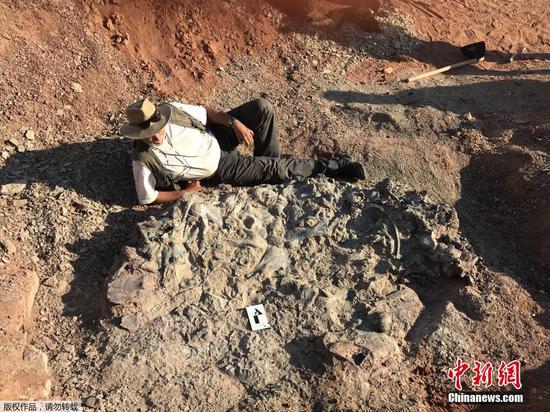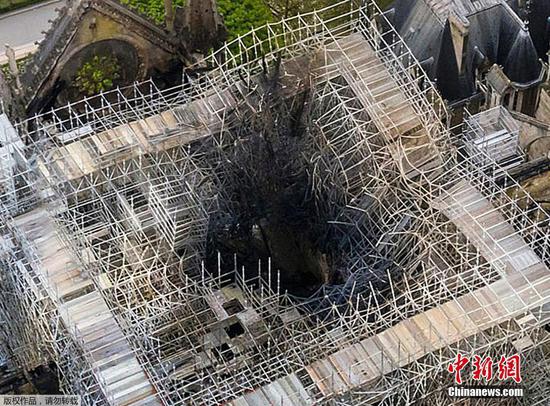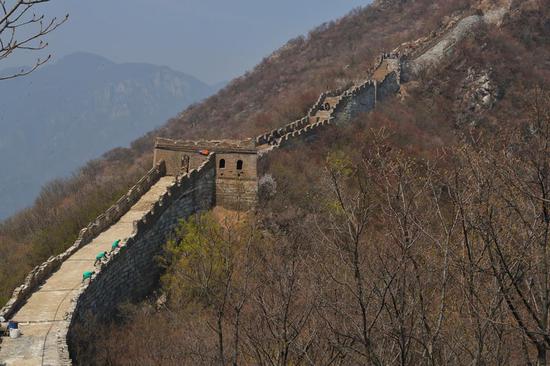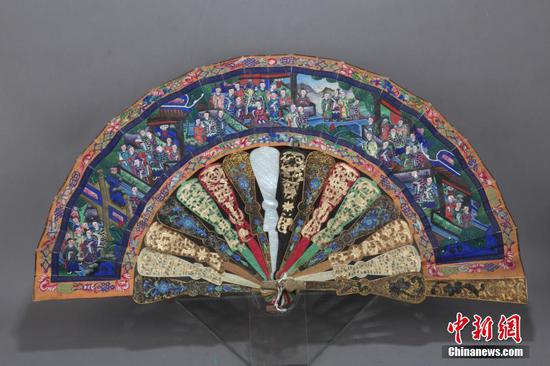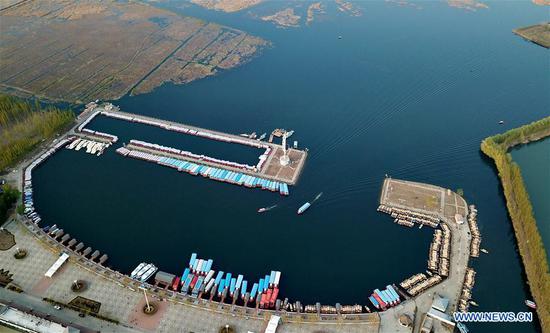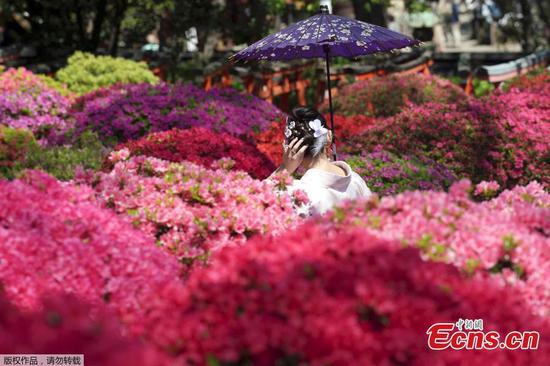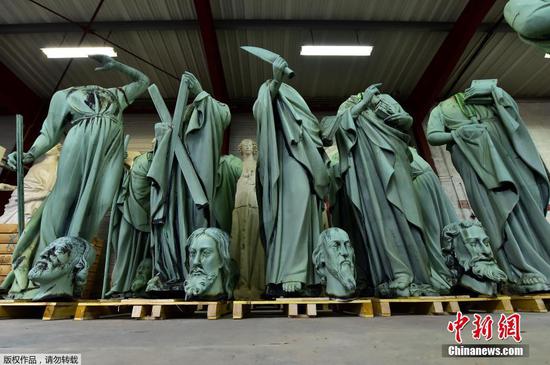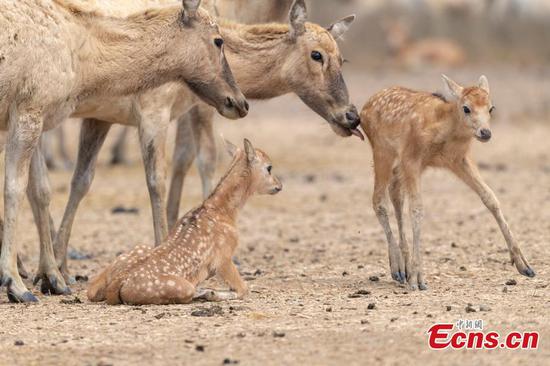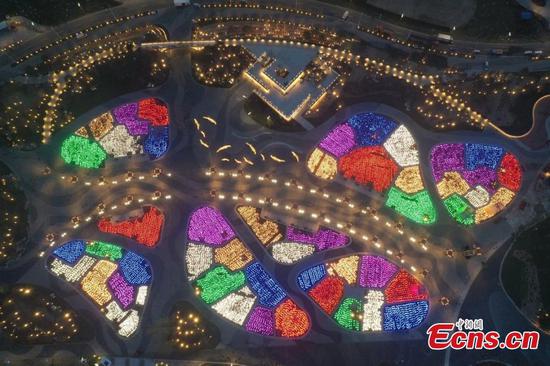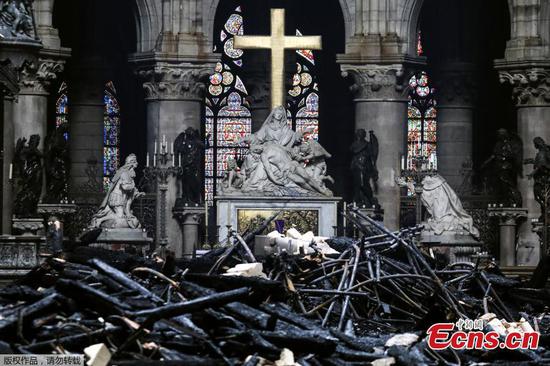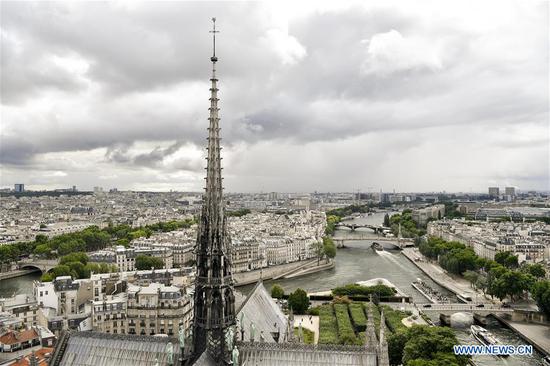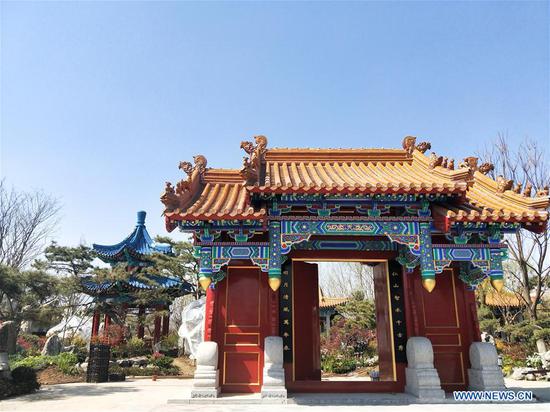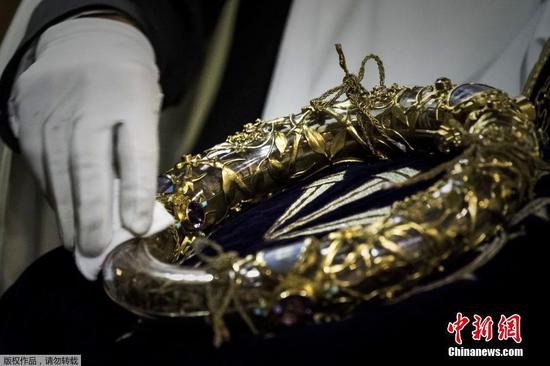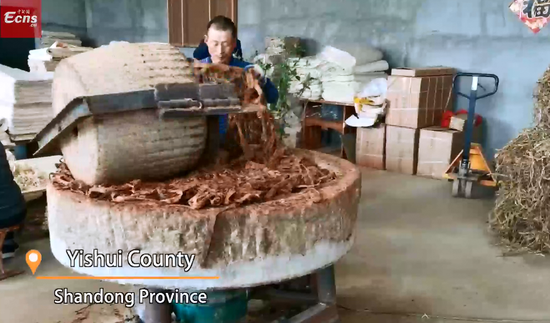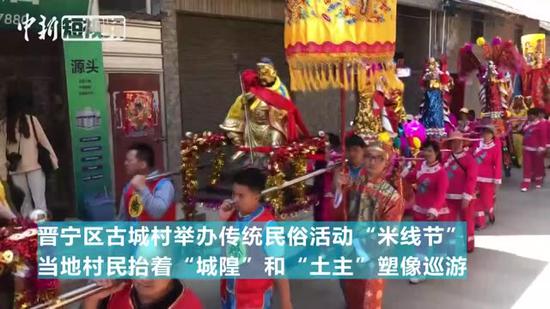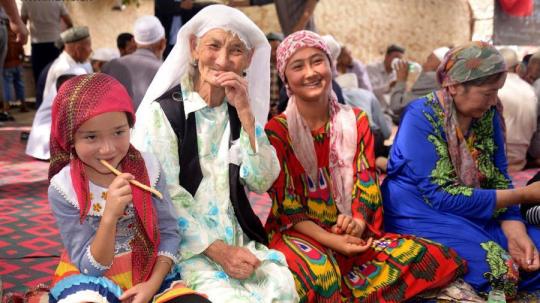
A Muslim family gathers to celebrate the Eid al-Fitr in Bulakbexi Village of Pixna Township in Pishan County, northwest China's Xinjiang Uygur Autonomous Region, July 18, 2015. (Xinhua Photo)
Beijing on Wednesday resolutely rejected allegations that it is pursuing an anti-Muslim policy in northwest China's Xinjiang Uygur Autonomous Region and warned some international media to desist from spreading rumors by "cooking up stories."
"On your question, if China has an anti-Islam policy, I can assure you that there is no such thing," Chinese Foreign Ministry Spokesperson Lu Kang said in response to a question on the subject by a journalist during a press conference in Beijing.
"Following policies that protect freedom of religious belief, China, like other countries, administers religious affairs in accordance with the law. We are resolute in rejecting and fighting religious extremism," he said, adding that "believers' normal religious activities are guaranteed in accordance with the law and their customs respected."
Lu also highlighted that there are currently "more than 350,000 mosques in China" in which the country's "20-million Muslim community are free to practice their religion in accordance with the law."
"We hope that the relevant media will be less enthusiastic about getting information by the grapevine. They should honor professional ethics instead of cooking up stories," he warned.
The Chinese official also objected to reference of "reeducation camps" in Xinjiang. "First of all, I need to correct you on what you referred to as 'reeducation camps.' I am not aware of any such 'camps' in China," Lu told reporters.

Chinese Foreign Ministry Spokesperson Lu Kang addresses a press conference in Beijing, April 17, 2019. (Photo via China's Ministry of Foreign Affairs)
Xinjiang has long faced the threat of imminent terror attacks, but the region has taken measures to prevent and combat violent terrorist crimes in accordance with the law. The vocational education and training programs are one such measure, Lu said.
"The vocational education and training centers in Xinjiang have been set up as preventive measures with the explicit objective of counter-terrorism and deradicalization, just like what other countries have done. The measures may take different forms in different countries, but the goal is the same," he asserted.
The Chinese Foreign Ministry has rejected reports by some international media on alleged crackdown on religious minorities and on the treatment of the Muslim Uygur minority and other ethnic groups in Xinjiang as "false accusations" and a "smearing campaign driven by ulterior motives." Chinese Foreign Minister Wang Yi has even appealed the world to ignore such "gossip" and trust the Chinese government.
In December 2018, the Chinese government published a white paper titled "Progress in Human Rights over the 40 Years of Reform and Opening Up in China," which reiterates, among many things, the Chinese people's right to practice their religion.
In recent months, China has conducted tours of Xinjiang by diplomats and international journalists from various countries to obtain first-hand information and to see for themselves the region's social and economic development.













